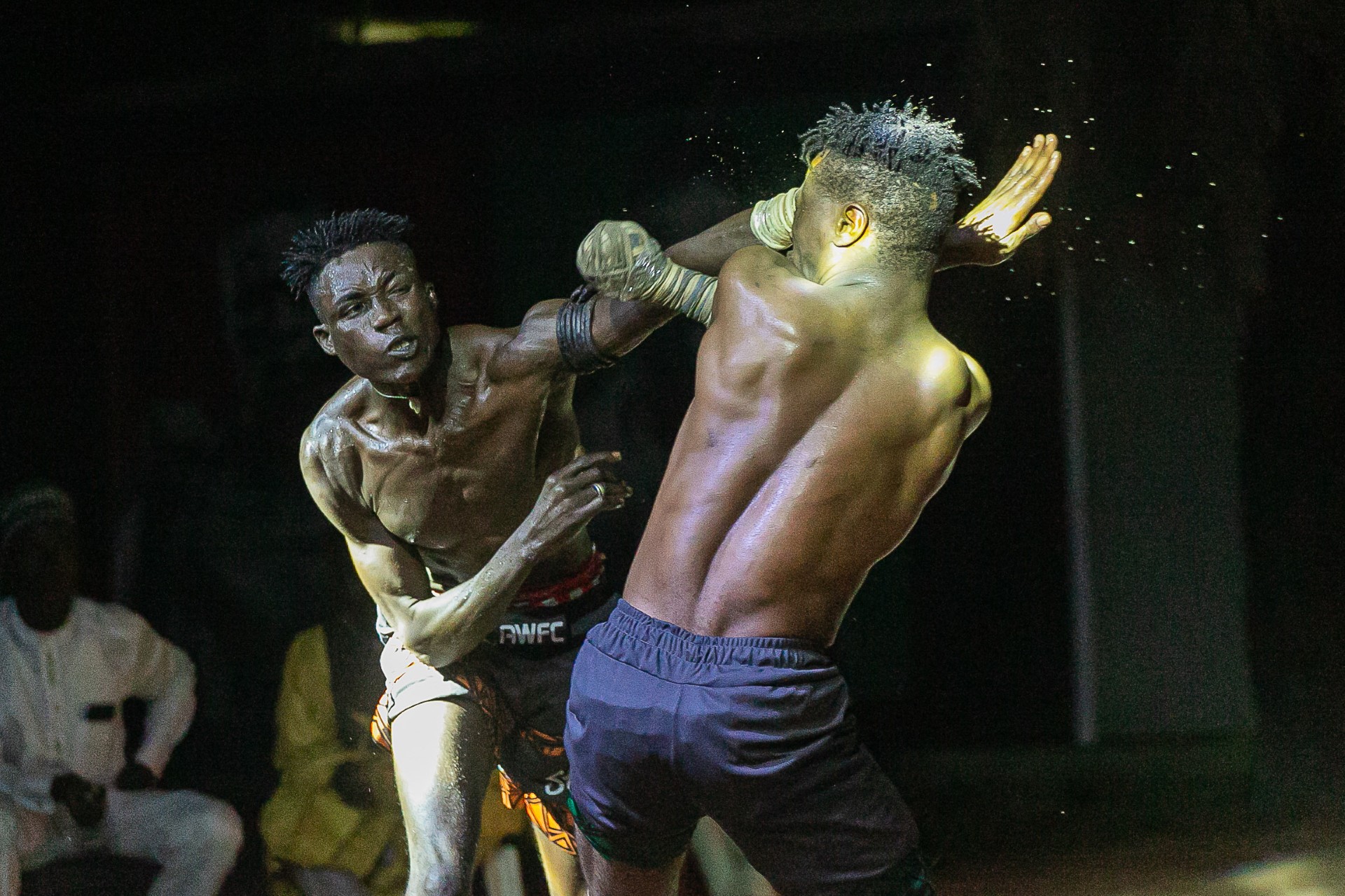Ghana requires bold actions to revitalise anti-corruption architecture - Vice President | Ghana News Agency
By Benjamin A. Commey
Accra, June 7, GNA – Vice President Professor Naana Jane Opoku-Agyemang has called for bold and decisive measures to revitalise Ghana’s anti-corruption architecture and place it on a firmer foundation to effectively combat corruption and its associated practices.
She said the country’s recent performance on major corruption indicators was worrying, and stressed that strong, coordinated action on multiple fronts was needed to restore public confidence and improve Ghana’s image globally.
The Vice President made the call at a High-Level Conference on Ghana’s Anti-Corruption Architecture held in Accra on Friday, organised under the auspices of the African Union Advisory Board Against Corruption (AUABC).
It was on the theme: “Revitalising the Anti-Corruption Architecture in Africa: Ghana’s Accountability Journey.”
The event sought to review Ghana’s progress in accountability and anti-corruption under the African Union Convention on Preventing and Combating Corruption (AUCPCC), which Ghana ratified in 2007.
Prof Opoku-Agyemang noted that Ghana’s anti-corruption framework was built on strong foundations, including the 1992 Constitution and key legislation such as the Criminal Offences Act, Whistleblowers Act (2006), Right to Information Act (2019), and the establishment of the Office of the Special Prosecutor (2017).
That notwithstanding, she said the country’s performance on corruption indices had stagnated, with some signs of decline.
Ghana maintained a score of 43 on the Corruption Perception Index (CPI) in both 2022 and 2023, but saw a drop to 42 in 2024, an indication of declining public trust in transparency and accountability.
“Our own 2022 Ghana Statistical Service Corruption Report revealed that nearly five billion Ghana cedis was lost through bribery in just one year. This cannot be funny,” she stated.
To address this, the Vice President advocated bold reforms, including the legislation and enforcement of Unexplained Wealth Orders with broader application to both public officials and private individuals.
She also proposed a shift in the burden of proof to the accused in such cases.
“We must also ensure sustainable financing for anti-corruption institutions to reduce undue influence and enhance their independence,” she said.
Prof Opoku-Agyemang stressed the need for a comprehensive legislative framework to regulate political party and election financing, including internal party leadership selection and national campaign funding.
She said President John Dramani Mahama had demonstrated his commitment to strengthening Ghana’s anti-corruption systems.
This includes the establishment of Operation Recover All Loots (ORAL), the launch of a Code of Conduct for presidential appointees, and a commitment to reviewing the 1992 Constitution.
“The setting up of ORAL is an effort to send a clear message that corruption will not be tolerated. The launch of a comprehensive code of conduct for all presidential appointees establishes clear ethical standards from the highest levels of government,” she noted.
The Vice President indicated that the revitalisation of the anti-corruption framework would be anchored on five key pillars.
These are; Cooperation among anti-corruption agencies, Strategic partnerships with the State Interests and Governance Authority (SIGA) to ensure institutional integrity, Building domestic and international confidence in Ghana’s accountability systems, Legislative and policy reforms, and Strengthening the Attorney General’s Office to process corruption complaints effectively.
Dr Joseph Whittal, the Commission on Human Rights and Administrative Justice (CHRAJ) Commissioner, underscored the importance of stakeholder collaboration at all levels – domestic, regional, and international – in the fight against corruption.
“Our experience has shown that no single institution, country, or regional bloc can successfully win the fight against corruption alone. Cooperation is essential,” he said.
Mr Dominic Akuritinga Ayine, the Attorney General and Minister of Justice, in a speech read on his behalf, said beyond the laws, institutional courage, ethical leadership, and public trust were crucial in combating corruption.
“Laws alone do not combat corruption,” he emphasised.
Madam Yvonne Mutepuka Chibiya, AUABC Board Member, commended Ghana for taking bold steps to strengthen its national accountability frameworks.
She reaffirmed the AUABC’s support for enhancing Ghana’s anti-corruption strategies and governance systems.
GNA
Edited by Agnes Boye-Doe











